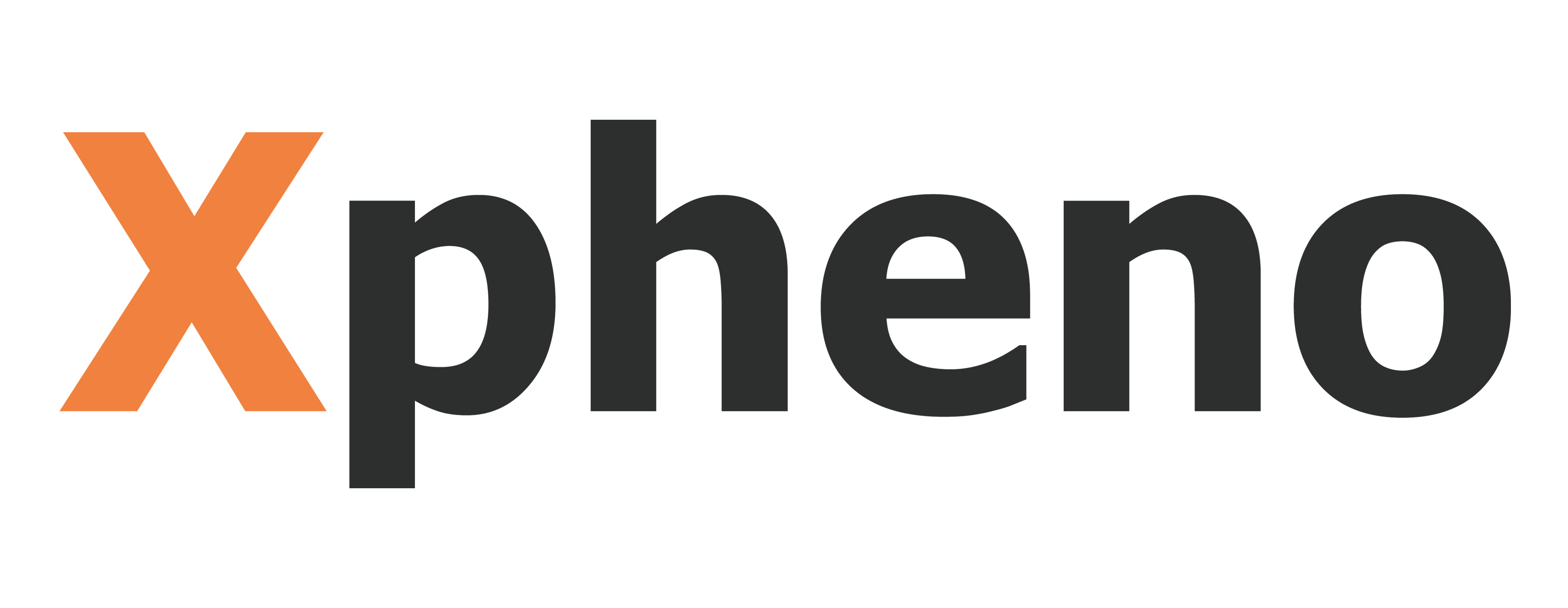What are technical skills?
Technical skills involve many abilities that allow people to use, understand and do well in certain areas. These are mostly found in the realms of technology, and engineering jobs like building things science or maths subjects. These technical skills are useful, real-life talents that people learn through learning, training and practice.
These often require a lot of expertise and skills in using tools, ways or languages that are required for specific jobs.
In the tech world, critical technical skills may involve things like coding in languages such as Python or Java. Moreover, understanding computer programming and building websites can be critical too. Additionally, managing databases on computers and keeping networks safe takes talent also! Technical skills like data analysis, making models with stats and machine learning are widely used in different areas.
Technical skills are important for IT and other areas like engineering, science, and healthcare. They help in different kinds of work. For example, in engineering, a technical skill could be knowing how to use CAD software well. It might also mean understanding machines and being good at making electrical things work right.
These are vital skills for people who want to do their jobs well, fix complex problems, be creative and change with fast-changing technology. Technical skills, or basic abilities, help people do well and succeed in their jobs.
Table of Contents
How do you improve my technical skills?
Getting better at technical skills requires learning, practising, and always growing. Here are effective ways to enhance technical abilities:
Education and Courses: Sign up for classes in school, online lessons or training programs related to your favourite subjects.
Hands-On Projects: Apply knowledge through practical projects. Make software, make apps or work on hardware projects to get real-life experience.
Online Resources: Use free tools like YouTube videos, internet forums about coding (like Stack Overflow), and technical skills websites to find lots of advice and ideas on solving problems.
Networking and Collaboration: Talk to people in your job, join tech groups, go to get-togethers and be part of hack contests or group projects that help you learn from others.
Continuous Practice: Do coding, solving problems or using tools and technologies at least once a day. Regular practice improves technical skills and builds confidence.
Mentorship: Discuss with people who are familiar with your work. They can guide and make you better at their profession.
Specialization and Focus: Identify the areas of your work that intrigue you and focus more on mastering those technical skills rather than striving to do everything.
Stay Updated: Technologies grow quickly. Being up-to-date with what’s happening in the industry, new tools and progress can be achieved by reading books or articles. Listening to podcasts and taking online classes also.
Experimentation and Innovation: Experiment with new tools, methods or procedures. Innovation frequently arises from breaking through ordinary boundaries.
Feedback and Adaptation: Get views on your work, learn from mistakes and transform. Try to see problems as an opportunity for continuous learning and enhancing your technical skills.
These approaches, coupled with hard work and a passion for knowledge, will gradually make your life much better in terms of technology.
Why are technical skills important to feature on your resume?
Technical skills are crucial to feature on a resume for several reasons:
Job Relevance: They show that you are a good fit for certain jobs. Bosses often want job seekers who have the needed technical skills to meet work needs.
Competitive Edge: Emphasising technical skills makes you stand out from other job seekers. Having the right technical skills can be a big help, especially in companies that use technology.
Problem-Solving Capability: Technical skills highlight your ability to fix hard problems. They show your ability to handle problems well at work.
Adaptability and Learning Agility: Showing your tech skills on your resume means you know how to learn and adjust to new ways things are done with technology. This is very important in fast-changing industries where they like it a lot.
Increased Employability: Many jobs, especially in STEM areas, need special tech skills. These abilities make you more attractive to employers and open up new job chances.
Value Addition: Using technical skills at work helps make things faster and better. Bosses want to hire people who can quickly help their teams with technical skills.
Efficient Training and Integration: If you have the needed technical skills, bosses might not need to spend much time or money teaching you for your job. This could help speed up when you fit into being part of their team and what they get done together would be quicker too.
Automated Applicant Tracking Systems (ATS): A lot of businesses use ATS to look for certain words in resumes. Adding skills needed for the job helps make your resume stand out to these systems.
In general, adding tech skills to your resume shows what you can do. It also proves that you are ready for a job linked with high-tech stuff.
Top 15 Technical Skills to Feature on your Resume
Here’s an expanded description for each of the top 15 technical skills to feature on a resume:
- Programming Languages: Being good at languages like Python, Java, C++ or JavaScript lets you write quick and effective code for various purposes. This shows how able and prepared you are to change to make software work better.
- Web Development: Knowing HTML, CSS and JavaScript helps you make websites look good and behave like games. It ensures that people have fun using them on computers or phones in the same way anywhere they look at it.
- Database Management: Knowing how to use SQL, MySQL or MongoDB shows you can manage and protect data. This makes it simple for apps and computers to safely get the information they require.
- Cloud Computing: Learning about cloud systems such as AWS, Azure or Google Cloud Platform lets you create big and secure computer solutions. It makes it simple to use apps online.
- Data Analysis: Learning to use tools like Excel, R or Python for studying data helps you get key information from large numbers. This can assist in deciding what needs to be done and organise plans more effectively.
- Machine Learning: Knowing about machine learning tools like TensorFlow, scikit-learn or PyTorch proves that you can make and use models to guess things. It aids us in deciding without human assistance across various fields.
- Cybersecurity: Learning about safety tips, computer protectors and secret codes helps you keep private details safe from online threats. It keeps the information safe and private.
- Network Administration: Being good at setting up and fixing networks means you can make sure everyone stays connected, run the network well, and quickly solve any technology problems.
- DevOps: Knowing how to use tools such as Docker, Jenkins or Kubernetes shows you can make software development easier. It also lets teams work together better and automate their jobs.
- UI/UX Design: Knowing Adobe XD, Sketch or Figma shows you can make great-looking and easy-to-use interfaces for apps. You focus on making them good for users’ experience when designing these tools.
- Mobile Development: Knowing how to make apps on iOS/Android using Flutter or React Native shows you can create useful and easy-to-use phone programs. This is great for the fast-growing world of mobile phones.
- Blockchain Technology: Learning about blockchain systems like Ethereum or Hyperledger shows you understand decentralised ways of doing things. This can help create safe and open apps that everyone can see.
- IoT Development: Skills with Arduino, Raspberry Pi or IoT systems show you can make devices for the Internet of Things. This helps talk and work between physical stuff on a system together.
- Statistical Analysis: Knowing how to use SPSS, SAS or any other tools for statistics shows you can get useful information and find patterns in data. This helps make choices based on facts and solve problems better.
- Version Control: Knowing Git or SVN shows you can manage and work well with code. It keeps track of changes and helps the team do their best in making software together.
Conclusion
Put the top 15 technical skills on your resume. This shows that you’re very good and can adjust to a job world changing all of the time. All these skills together show you’re ready for the needs of today’s industries and point out what ways you could help in different areas.
Skills in programming languages, data analysis and cybersecurity including new things like machine learning or blockchain show your ability to find answers for big problems. These point out if you can make simple projects better too.
Stressing these technical skills is important because it links what you know with the needs of certain jobs. It also shows others that you can handle new things in a technical world and help your company to grow even more.
Having these top technical skills on your job application will make you a stronger candidate and tell others that you can do great things. You’re ready to take on new challenges quickly in today’s fast-paced work world as they seek out talent with both skill at technology and big ideas for change.
Frequently asked questions
What technical skills do employers look for?
Employers search for the candidates knowing such technical skills as programming languages (Python, Java, JavaScript), web developement (HTML, CSS, JavaScript), database management (SQL, NoSQL), cloud computing (AWS, Azure), data analysis (Excel, R, Python), cybersecurity, network administration, machine learning, AI, DevOps tools (Docker, Jenkins, Kubernetes), UI/UX design (Adobe X Flexibility is what is needed as the value of these skills changes depending on a business changing priorities or technological advances. Such kinds of professional skills prove a voluntary desire to get a deeper education and professional development
Why do technical skills matter?
It’s very important to have skills in technology because they match the needs of a job directly. This allows people to do their work better and faster in their field. Being good at these skills makes you better at solving problems. It helps to speed things up and increases ideas that are inventive or flexible in a changing world.
How do you describe technical skills?
Technical skills cover a lot of useful and expert abilities we learn from school, practice sessions and doing tasks by ourselves. They are skills that use certain tools, ways or software associated with a specific job or occupation. These skills can be used directly in jobs linked to technology fields like information technology, engineering, data analysis and programming.









